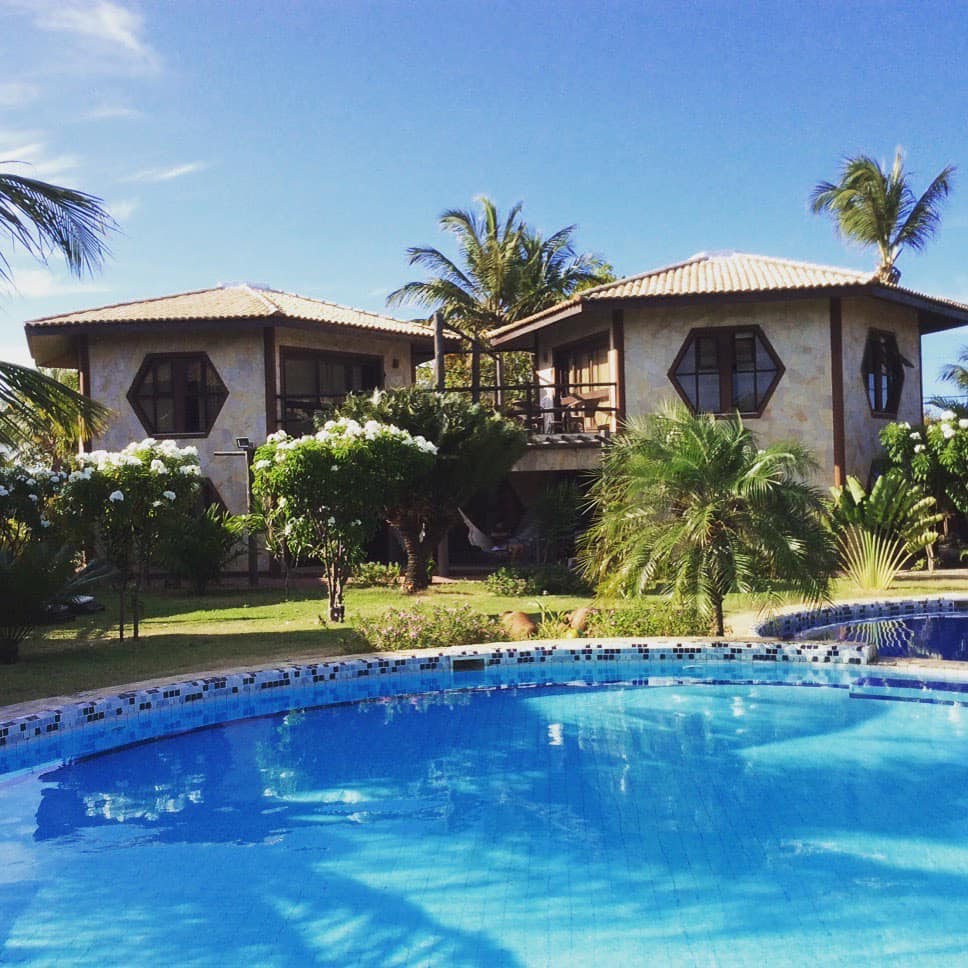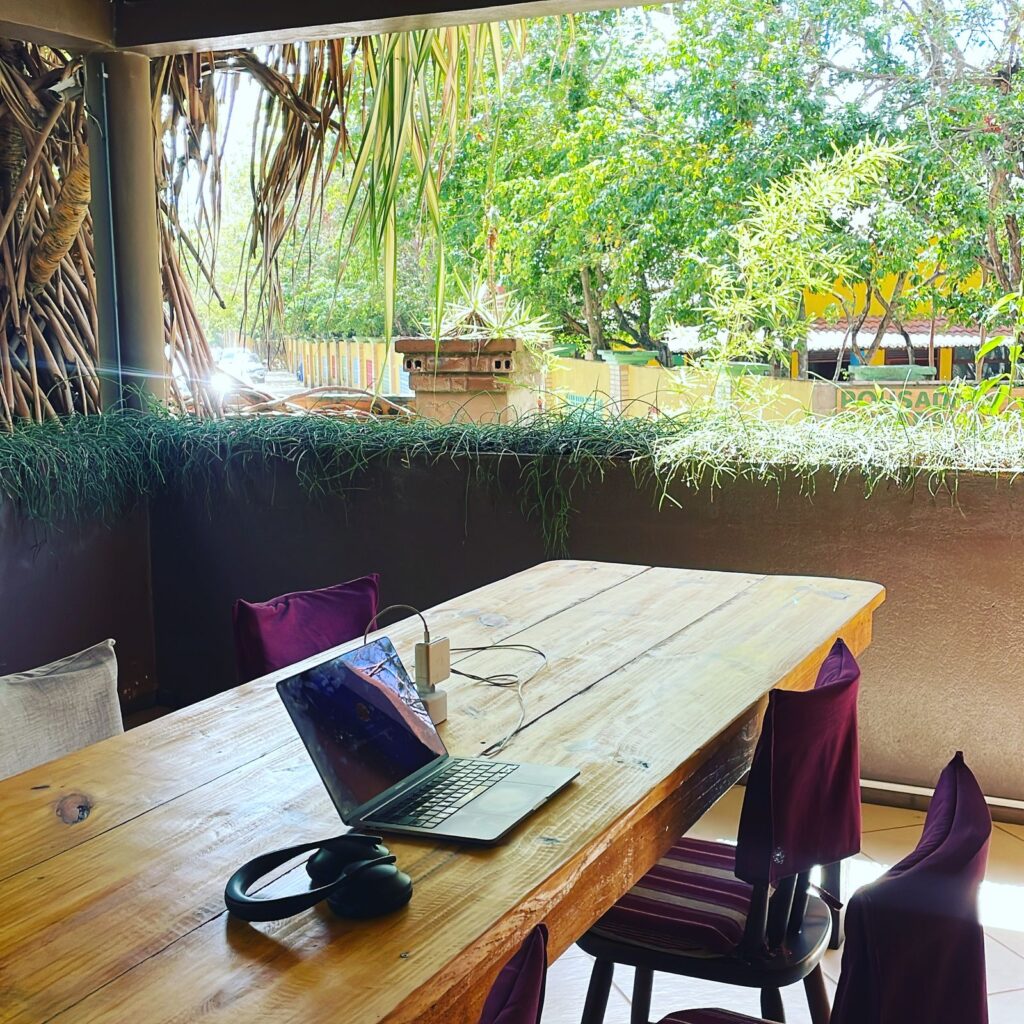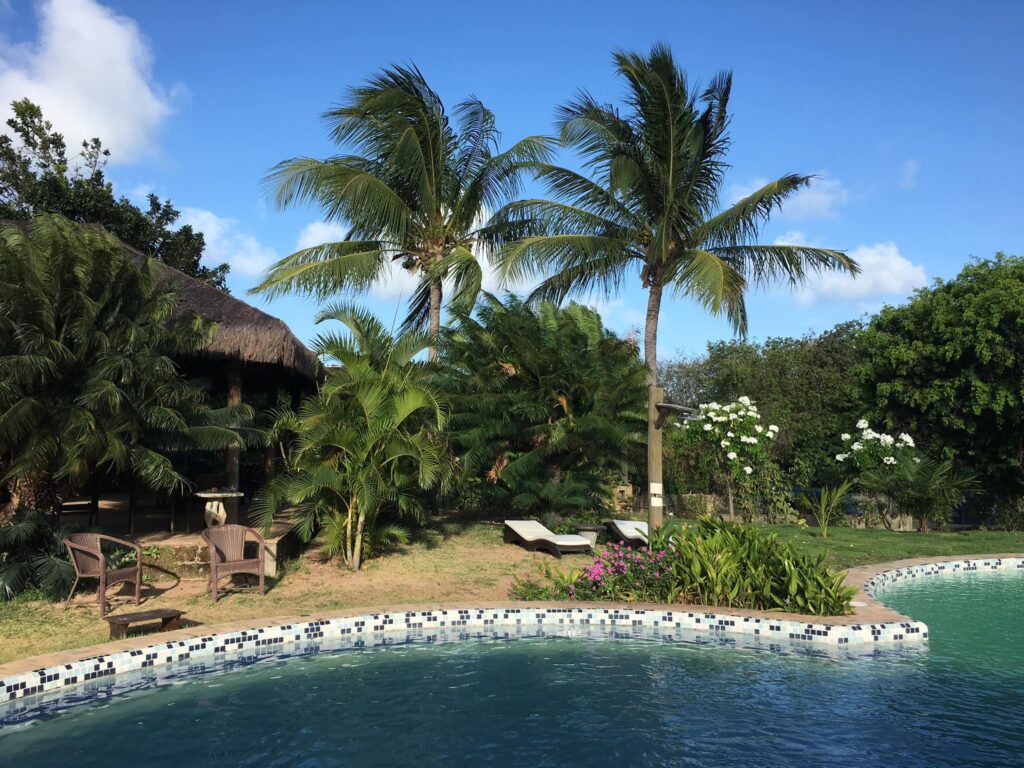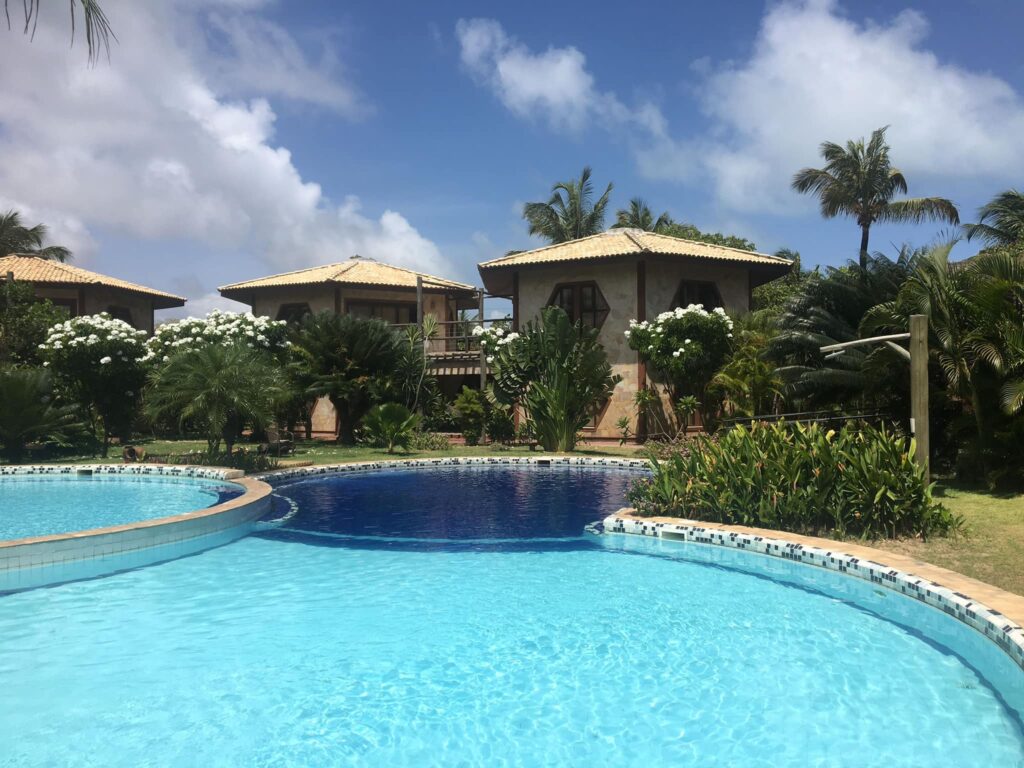Digital nomads in South America: For some, it is a way of life; for others, it is a way of working, but after the pandemic that wiped out and transformed tourism, digital nomadism has also become an opportunity for many countries to revive tourism and secure business to make up for the post-Covid-19 downturns. The most obvious confirmation of this has been the surge in visas for digital nomads issued by many governments in recent years. But to attract those who work remotely, there are, in many cases, also tax breaks and the attempt to create tailor-made communities for those who work away from the office.
Nomad Village Brazil
One of the most interesting initiatives is Nomad Village Brazil, presented as the first village for digital nomads to be created in South America. The facility opened its doors last November in Pipa, a small town in the state of Rio Grande do Norte in north-east Brazil, located 90 km from Natal International Airport and a five-hour flight from Rio de Janeiro.
A former hippy colony, Pipa has been a popular location for tourists seeking sun and relaxation for years. With a temperature of around 30 degrees throughout the hot season, the town offers many leisure attractions: surfing and kitesurfing thanks to the wind, fishing villages, and many places to eat and nightlife. There is also entertainment in the village, which the website states is “laid out in a beautiful setting around three pools, surrounded by tropical plants and animals” and offers “comfortable and large rooms and apartments distributed over different bungalow-style buildings”.




In short, the ambience created by Nomad Village Brazil within Pousada Morada dos Ventos is enticing (confirmation comes from customer reviews on TripAdvisor and other booking platforms). However, Pipa is in the UTC -3 time zone, so this may force those working in connection with Europe to wake up at dawn for a call. Those who want to try the experience can stay a minimum of seven nights or make arrangements to stay one or more months. If you are in the area for other reasons, know that the village also offers a few places for those looking to co-working without staying overnight.
NomadX
The Brazilian village has also attracted the attention of digital nomads because NomadX, the Portuguese company that transformed the face of Madeira in 2021 by facilitating the arrival of foreign remote workers, is behind the project. Gonçalo Hall, CEO of NomadX, said that by the beginning of 2022, the village of Madeira had received around 5,000 digital nomads and more than twice as many requests.
A success quantified by NomadX in a turnover of more than $30 million, but also in the effects generated on the local community, which has begun to share the digital nomads’ philosophy of life and increased its focus on sustainability since an integral part of digital nomadism is to make its ideas and skills available to the local community. “Accommodation facilities are adding kitchen equipment and cafés are strengthening WIFI signals and creating work corners for nomads,” explained Micaela Vieira, Project Manager at Startup Madeira.
Building a village for digital nomads and getting those from outside to integrate with the residents is time-consuming and far from simple. This is why the NomadX initiative in Brazil is a pilot project. This first phase will end at the end of April 2023 to draw conclusions and understand whether to continue the initiative started in Pipa and build other villages in different areas of the largest South American country.




The uncertainty of the plan finalised after two years of work also stems from the Brazilian parliamentary elections, which returned Lula to power and degenerated into an assault by supporters of the defeated Bolsonaro on the institutional offices in the capital of Brazilia. Interested in intercepting digital nomadism, the Brazilian government welcomed the idea of NomadX in Pipa, although it did not provide financial support, unlike the local tourist board.
Brazil wants digital nomads
NomadX’s choice of Brazil was not causal nor linked only to the linguistic sharing between the South American country and Portugal. A popular destination thanks to a high quality of life and affordable costs, as well as a remarkable wealth of scenery, including beaches, forests, waterfalls and mountains (bearing in mind that there are also disadvantages such as the poor spread of English and insecurity in several parts of the country), Brazil has chosen to focus on the arrival of foreign digital nomads and introduced a special visa that lasts 12 months and can be renewed for a second year.
To obtain it, one must show proof of a guaranteed income from a foreign employer of at least USD 1,500 a month or have USD 18,000 in one’s bank account, as well as health insurance and a clean criminal record. These requirements are possible for many digital nomads, foreshadowing the government’s willingness to open its doors to professionals capable of bringing money and ideas to Brazil.



